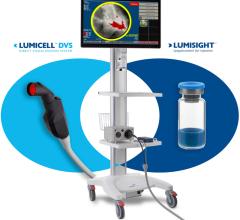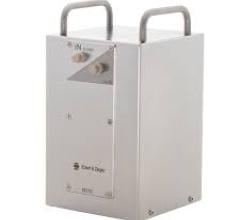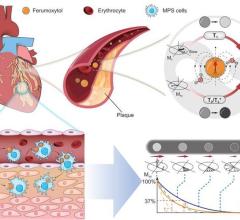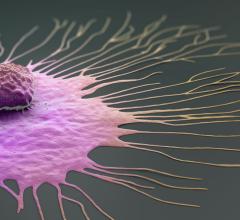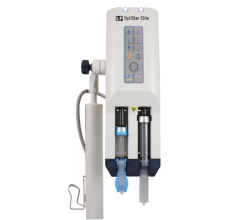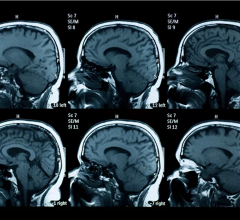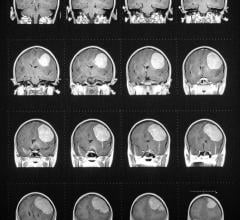June 2, 2008 – Whole milk is just as effective as a diluted (0.1 percent) barium suspension that is also commonly used as an oral contrast agent in conjunction with CT to examine the gastrointestinal tract, costing less and providing more ease to the patient, according to a recent study.
The study, appearing in the May issue of the American Journal of Roentgenology, published by the American Roentgen Ray Society, found that the images taken of patients who were given whole milk were just as useful as the images that were taken of patients given the diluted barium.
The study included 215 patients undergoing abdominal and pelvic CT, said Chi Wan Koo, M.D., lead author of the study. All patients were given an IV contrast media; 115 were also given whole milk as an oral contrast agent; 100 received a 0.1 percent barium suspension. Two radiologists reviewed all the images and scored them based on degree of bowel distension and bowel wall visibility. Adequate bowel distension is necessary to optimize resolution of the bowel wall and contents, said Dr. Koo.
In addition, patients were given a questionnaire, asking them how well they tolerated the oral contrast agents, and a cost comparison was done. "We found that milk was less expensive, it had better patient acceptance and fewer adverse symptoms," Dr. Koo said.
Whole milk and 0.1 percent barium suspension are valuable in the diagnosis of small bowel disorders, such as ischemia, neoplasm and Crohn's disease, said Dr. Koo. They are also useful in evaluating pancreatic and biliary abnormalities.
For more information: www.arrs.org


 July 09, 2024
July 09, 2024 

